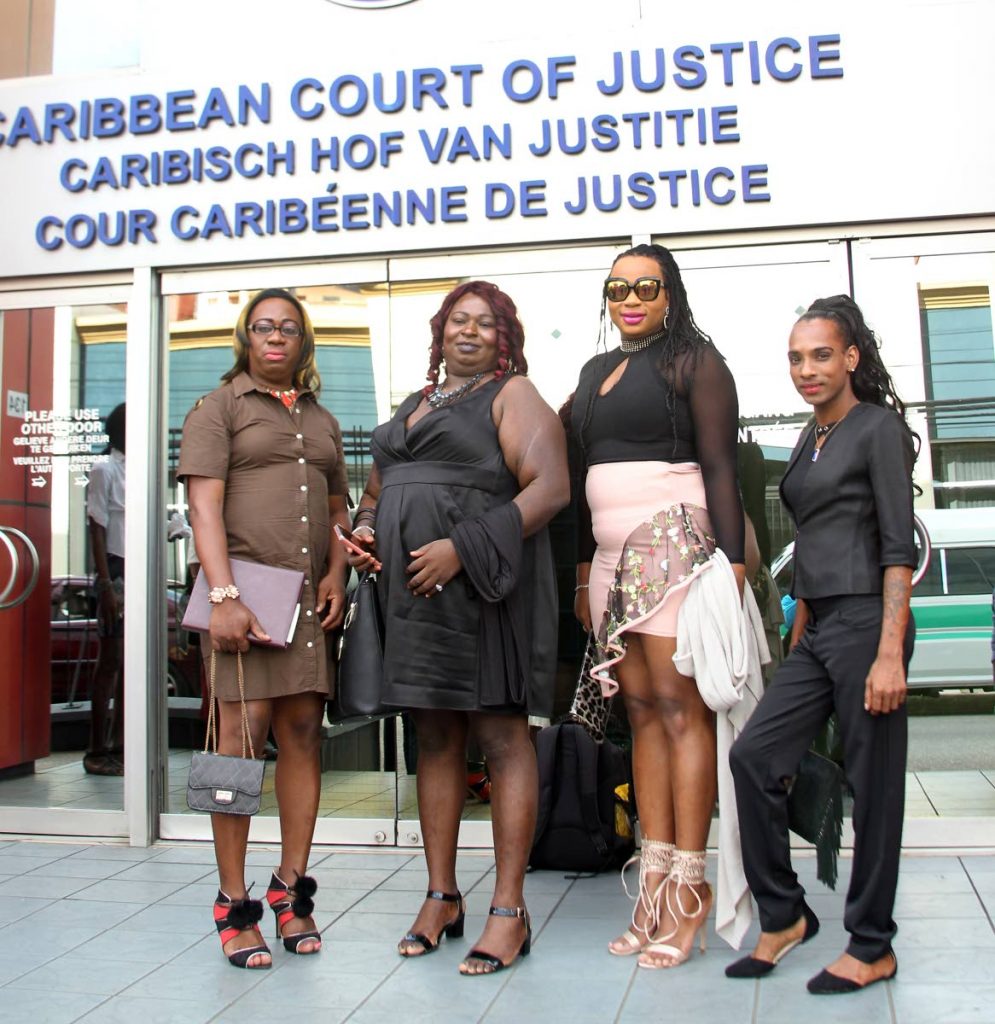CJ: Repercussions from CCJ 'cross dressing' ruling

CHIEF Justice Ivor Archie says the Caribbean Court of Justice (CCJ) ruling this week will have repercussions for the region.
He was commenting on the CCJ striking down Guyana's cross dressing law. The court held it infringed the rights of four transgender Guyanese women who had asked the CCJ – Guyana’s final appellate court – to strike down an 1893 post-slavery vagrancy provision which led to their convictions in 2009. They have challenged the constitutionality of the law, which they say criminalises wearing attire of a different gender in public for an “improper purpose” in Guyana. The CCJ reserved its ruling in June and the court's decision was delivered on Tuesday at the CCJ in Henry Street, Port of Spain.
Archie, speaking Friday at the Ninth Biennial Meeting of the Commonwealth Judicial Education Institute held at the Hyatt Regency, Port of Spain, said it was a very important judgement from the CCJ "which I am sure will have significant repercussions for our Caribbean societies." He did not, however, explain what the repercussions would be.
Archie said many moral issues are now being brought to court through the use of "charterised" challenges to existing laws or government actions.
"And they range from abortion, to religious issues and gender identity and equality."


Comments
"CJ: Repercussions from CCJ 'cross dressing' ruling"